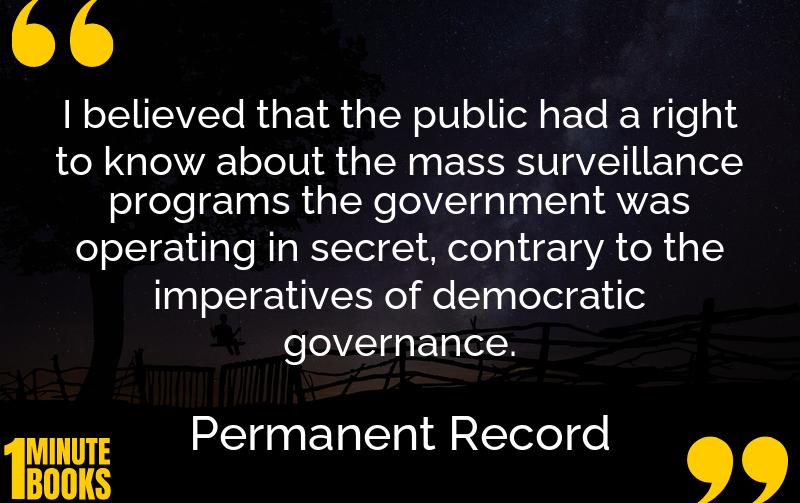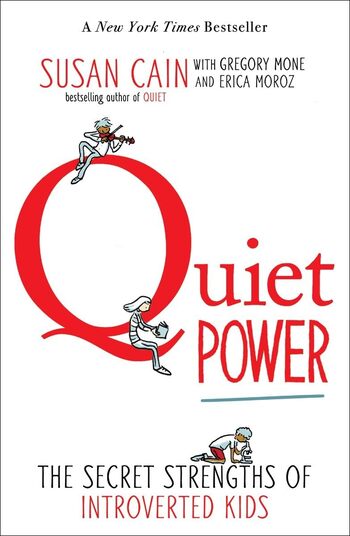
Edward Snowden exposes the U.S. government’s surveillance programs that breached citizens’ privacy. Driven by a sense of duty, he sacrifices his safety to reveal these top-secret operations, launching a global debate on privacy.
Main Lessons
- Whistleblowing is an act of courage and a crucial check on governmental power.
- Digital surveillance poses a significant threat to individual privacy and civil liberties.
- Government transparency is essential for maintaining a healthy democracy.
- Understanding technology can empower individuals to defend their rights.
- Ethical dilemmas often arise in the context of governmental secrecy.
- Personal sacrifices may be necessary for the greater public good.
- The balance between national security and personal privacy needs constant reevaluation.
- Technological advancements often outpace regulations, leading to potential abuses.
- Public awareness and activism are key to safeguarding individual freedoms.
- The power of anonymity online can foster both freedom and responsibility.
- Whistleblowers face severe personal repercussions yet play a vital role in society.
- Mass data collection can lead to a perpetual surveillance state.
- Critical evaluation of authority and systems is a duty of informed citizens.
- Advocating for privacy rights is an ongoing battle in a digital world.








